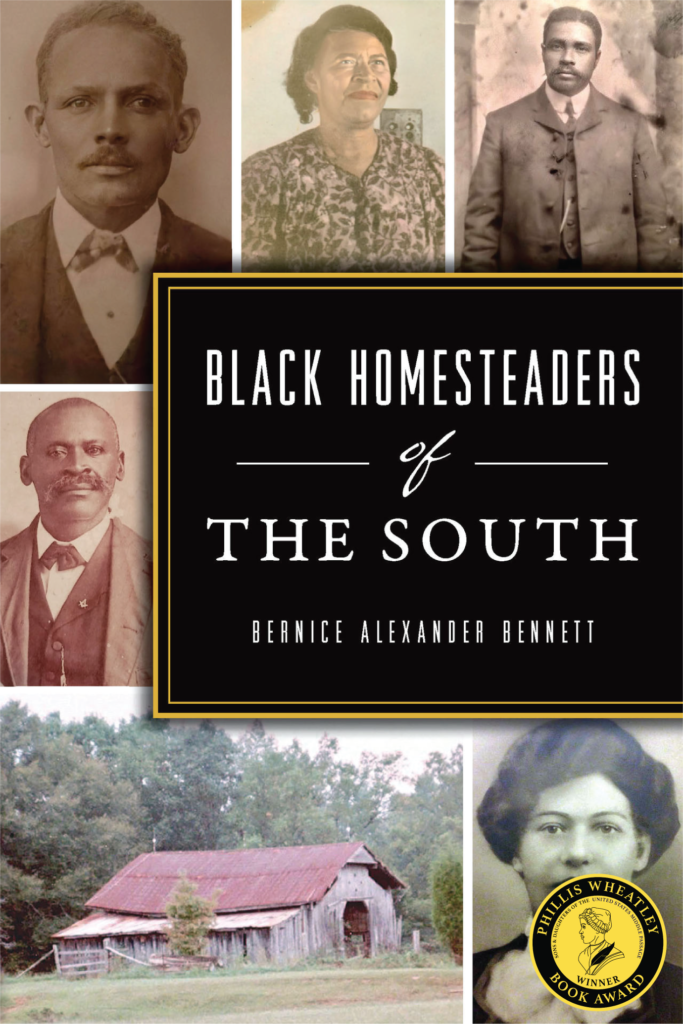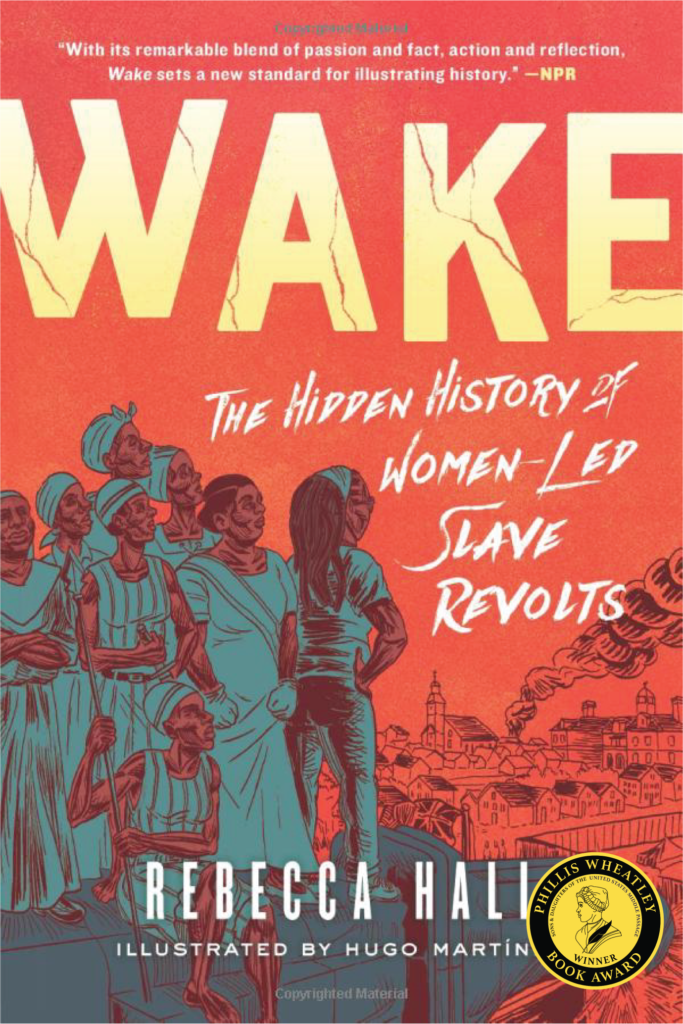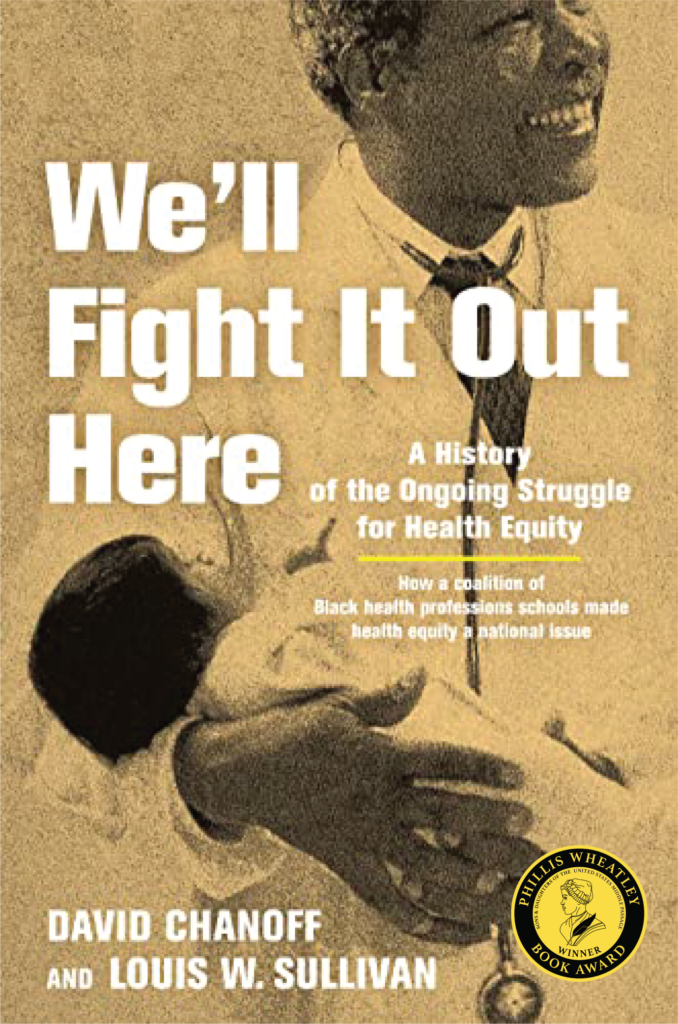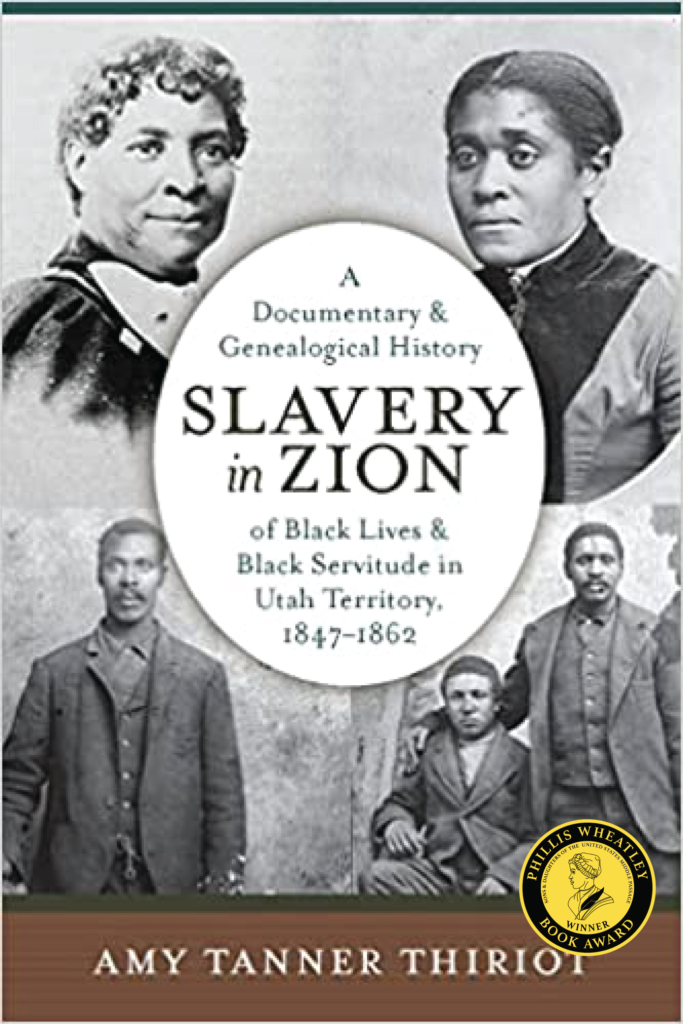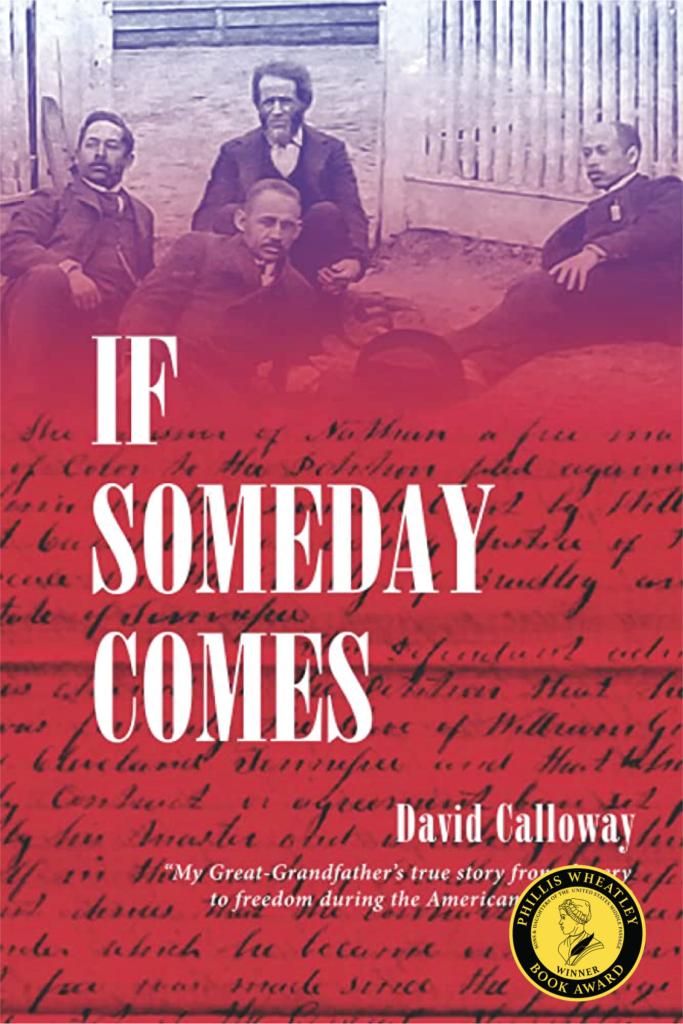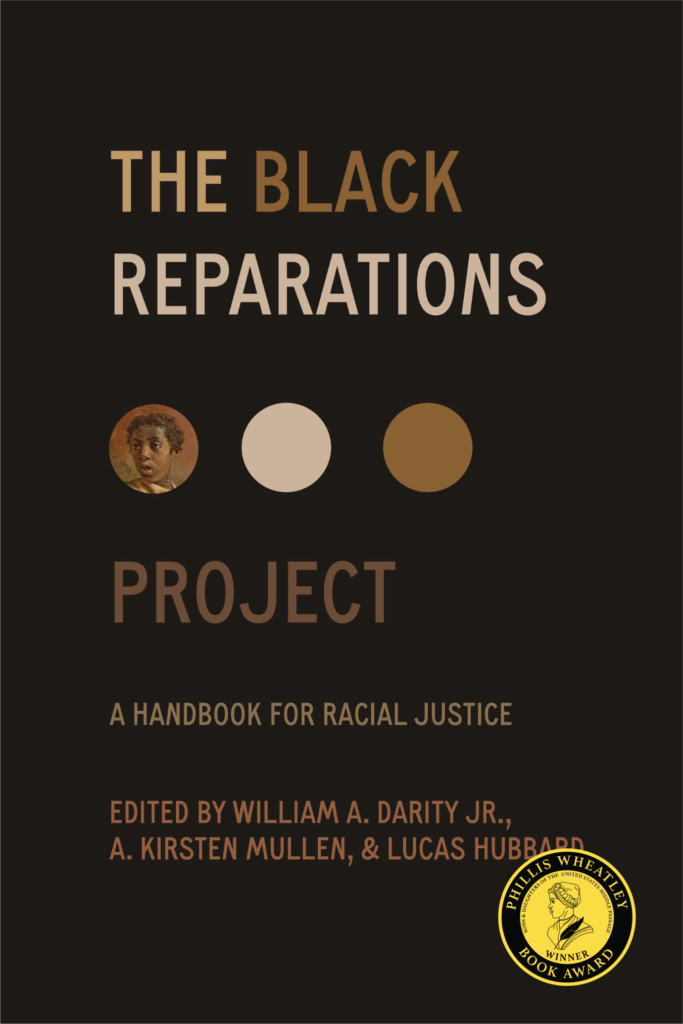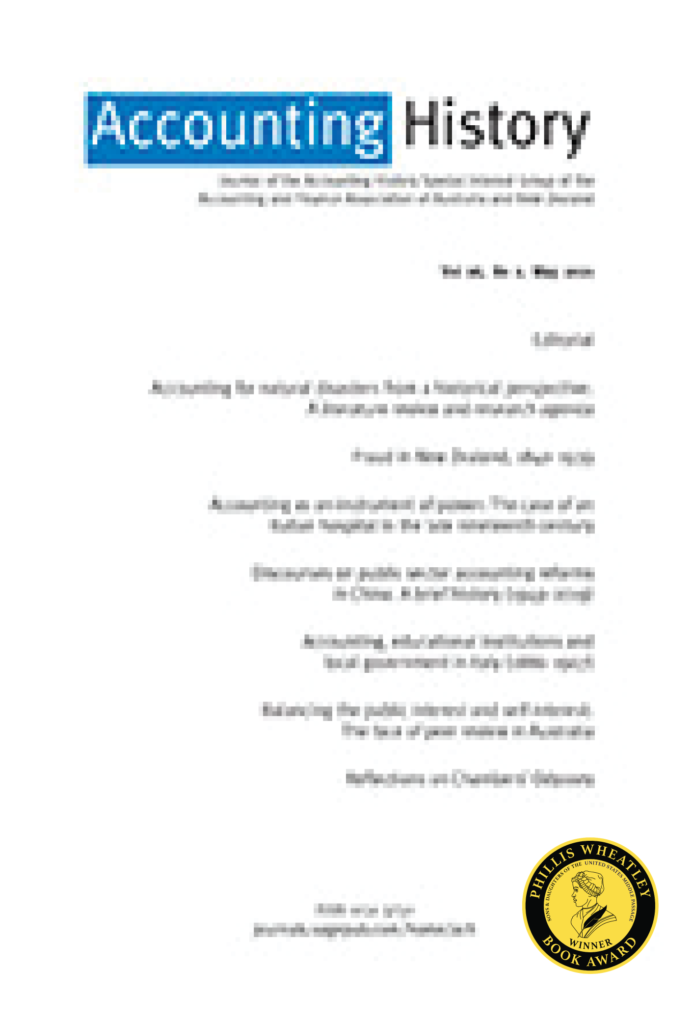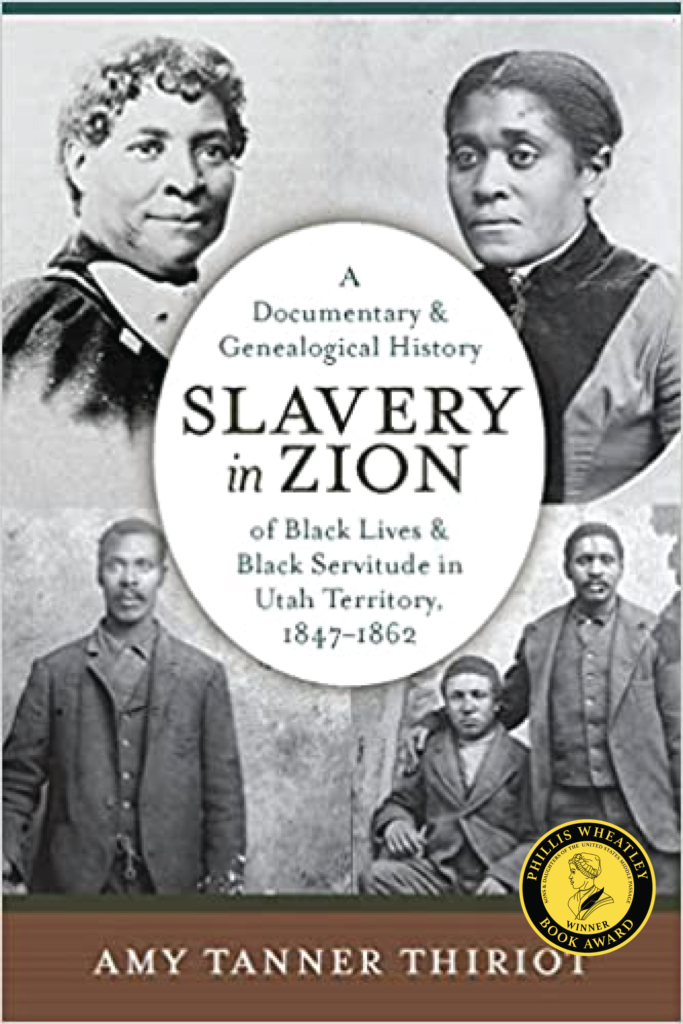Historical-Event (Nonfiction)
Black Homesteaders of the South
Bernice Alexander Bennett
Join genealogist Bernice A. Bennett who will uncover the stories of African American families who became landowners through the Homestead Act of 1862 from her latest book Black Homesteaders of the South. Bennett’s work is a modern story of black genealogists who networked through a Facebook page to trace the footsteps of their ancestors in Alabama, Arkansas, Florida, Louisiana & Mississippi. Find out how these families navigated the application process through the federal government, and what this legacy means for their descendants today.
Historical-Event (Nonfiction)
Wake: The Hidden History of Women-Led Slave Revolts
Rebecca Hall
Women warriors planned and led revolts on slave ships during the Middle Passage. They fought their enslavers throughout the Americas. And then they were erased from history.
Wake tells the “riveting” (Angela Y. Davis) story of Dr. Rebecca Hall, a historian, granddaughter of slaves, and a woman haunted by the legacy of slavery. The accepted history of slave revolts has always told her that enslaved women took a back seat. But Rebecca decides to look deeper, and her journey takes her through old court records, slave ship captain’s logs, crumbling correspondence, and even the forensic evidence from the bones of enslaved women from the “negro burying ground” uncovered in Manhattan. She finds women warriors everywhere.
Historical-Era, Historical-Memoirs, Biographies, Nonfiction
We’ll Fight It Out Here: A History of the Ongoing Struggle for Health Equity
David Chanoff and Louis W. Sullivan
Racism in the US health care system has been deliberately undermining Black health care professionals and exacerbating health disparities among Black Americans for centuries. These health disparities only became a mainstream issue on the agenda of US health leaders and policy makers because a group of health professions schools at Historically Black Colleges and Universities banded together to fight for health equity. We’ll Fight It Out Here tells the story of how the Association of Minority Health Professions Schools (AMHPS) was founded by this coalition and the hard-won influence it built in American politics and health care. David Chanoff and Louis W. Sullivan, former secretary of health & human services, detail how the struggle for equity has been fought in the field of health care, where bias and disparities continue to be volatile national issues.
Historical-Genealogical Research, Nonfiction
Slavery in Zion: A Documentary and Genealogical History of Black Lives and Black Servitude in Utah Territory, 1847-1862
Amy Tanner Thiriot
According to an Akan proverb, “It is not wrong to go back for that which you have forgotten.” This belief underlies historian Amy Tanner Thiriot’s work in Slavery in Zion, which combines genealogical and historical research to bring to light events and relationships unknown or misunderstood for well over a century. The total number of enslaved people in Utah’s early history has remained an open question for many years, due in part to the nature of nineteenth-century records, and an exact number is undetermined. But while writing this book Thiriot documented around one hundred enslaved or indentured Black men, women, and children in Utah Territory.
Historical Fiction
if Someday Comes: A Slave’s Story of Freedom
David Calloway
This is the true story of my Great-Grandfather George Calloway, a slave in Cleveland, Tennessee, before and during the Civil War. It is written as historical fiction, based on George’s life, and stories I heard growing up. It is a tale of determination, perseverance, and achievement.
George protected his family through war, famine, and plague; he risked his life repeatedly to protect his owner’s family, and thus his own wife and children.
More fact than fiction, George’s story has also been my journey, grappling with the humiliation of slavery; sorting through the many myths and false modern-day narratives, and discovering a long lost relative, I found that to understand America, you must first understand the Civil War. George was then, and remains, a hero of our family.
Historical, Current Events, Nonfiction
The Black Reparations Project: A Handbook for Racial Justice
William Darity (Editor), A. Kirsten Mullen (Editor), Lucas Hubbard (Editor)
A surge in interest in black reparations is taking place in America on a scale not seen since the Reconstruction Era. The Black Reparations Project gathers an accomplished interdisciplinary team of scholars—members of the Reparations Planning Committee—who have considered the issues pertinent to making reparations happen. This book will be an essential resource in the national conversation going forward.
The first section of The Black Reparations Project crystallizes the rationale for reparations, cataloguing centuries of racial repression, discrimination, violence, mass incarceration, and the immense black-white wealth gap. Drawing on the contributors’ expertise in economics, history, law, public policy, public health, and education, the second section unfurls direct guidance for building and implementing a reparations program, including draft legislation that addresses how the program should be financed and how claimants can be identified and compensated. Rigorous and comprehensive, The Black Reparations Project will motivate, guide, and speed the final leg of the journey for justice.
Historical, Current Events, Nonfiction
forthcoming: A “Disguised Scheme for Compensated Emancipation”: Accounting for the gradual abolition in 19th century New Jersey
Evelyn McDowell, ph.d. and Theresa Hammond, ph.d.
Contributing to the expanding examination of the accounting policies that facilitated slavery’s persistence in the United States, this study examines the Gradual Abolition Act of 1804 of New Jersey, the last Northern state to emancipate enslaved humans. New Jersey’s Act included a provision for payments to white ‘masters’ for the care of children born after the Act to mothers who were – and remained – enslaved. These payments were considered a form of ‘compensated abolition’. They were included in the Act because prior efforts to persuade enslavers in New Jersey to agree to an eventual end to human enslavement had failed. With a focus on the children in Montgomery Township, this article investigates how the State of New Jersey disbursed the funds for this provision and expands on previous research on the role of accounting for slavery by examining the crucial role states – including Northern states that are often overlooked in studies of United States slavery – played in perpetuating this brutal system.

